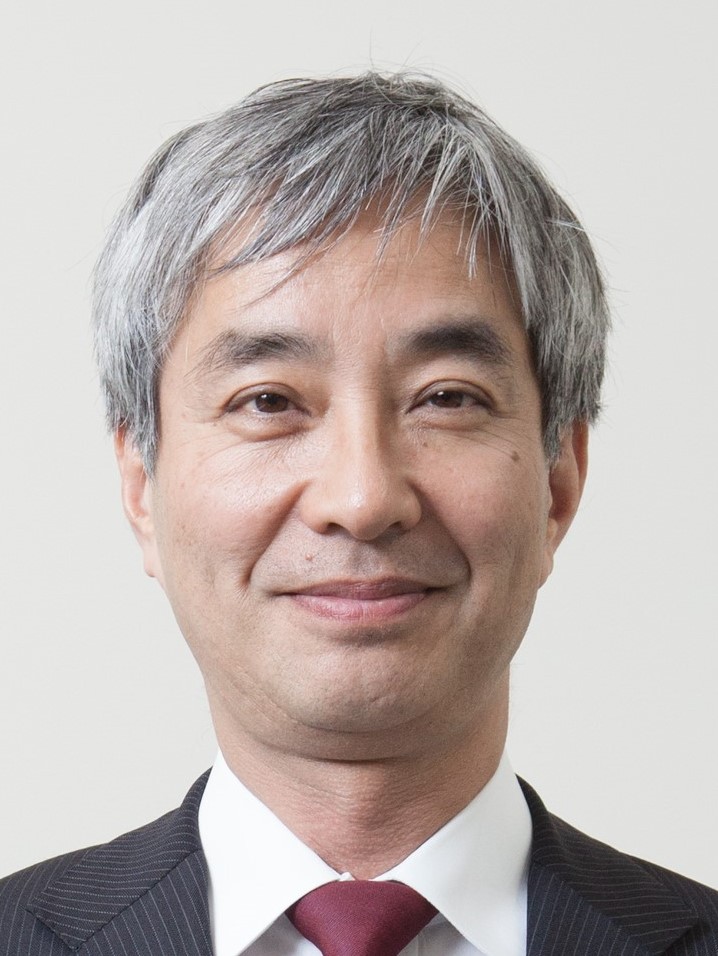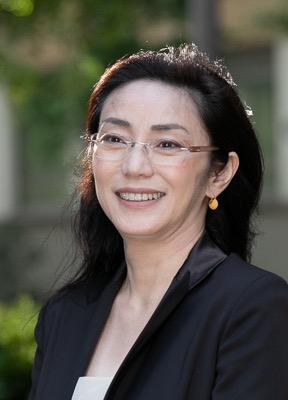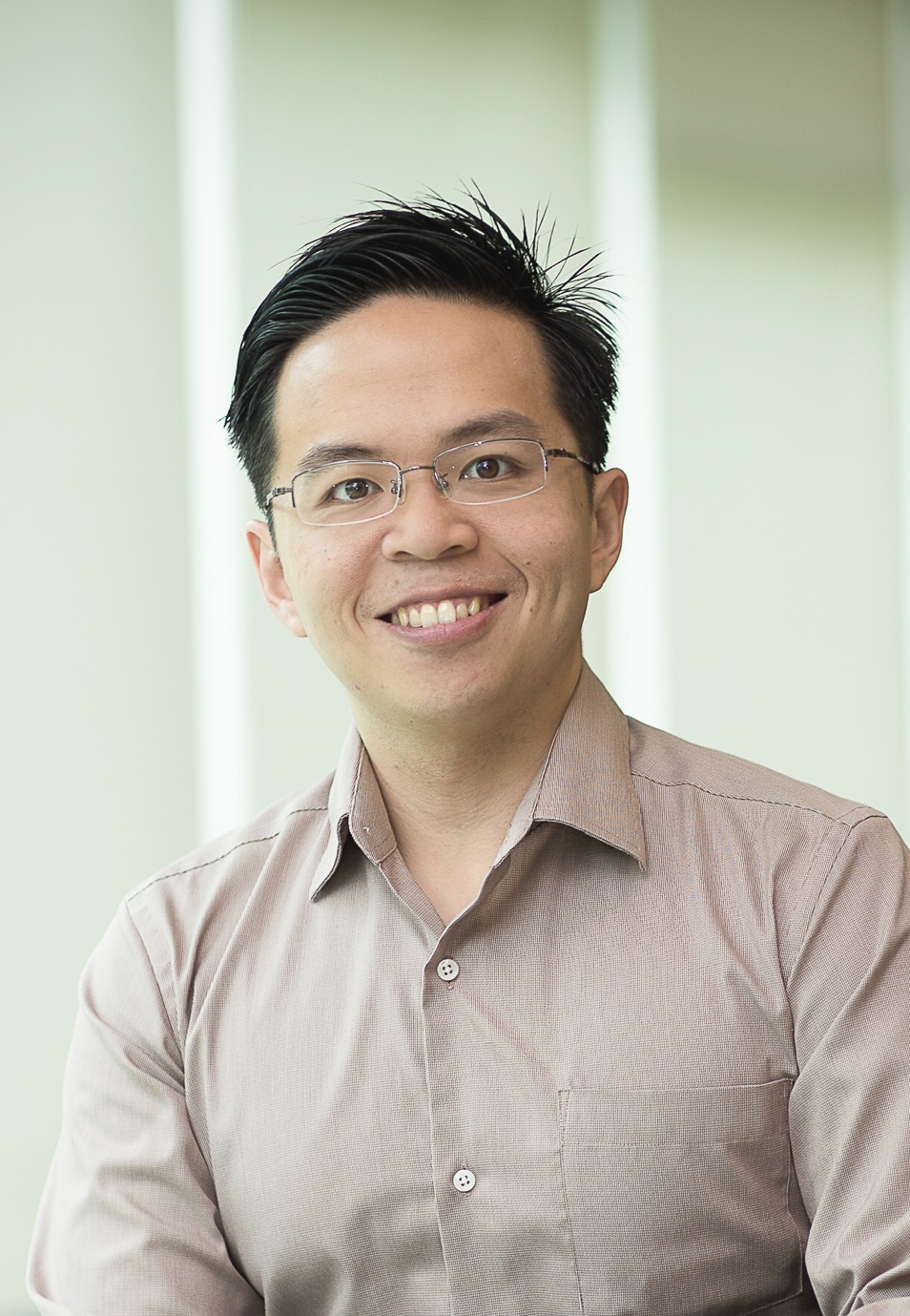Keynote Speakers
October 29th

Hiroshi Maruyama
Title: Quality Assurance of AI-Based Systems
Abstract: Recent rapid advancements in AI technologies pose significant challenges for quality assurance (QA) of systems employing these technologies due to the opaque nature of their internal workings. This talk will discuss various challenges to QA for AI-based systems and how they are being addressed. We will argue that these challenges have some parallels in other disciplines such as engineering and social sciences, and that radically multi-disciplinary discussions are needed.
Bio: Hiroshi Maruyama has spent 26 years in IBM Research, Tokyo Research Laboratory, working on various computer science areas such as artificial intelligence, natural language processing, machine translation, hand-writing recognition, multimedia, XML, Web Services, and security. He was the director of IBM Tokyo Research Laboratory from 2006 to 2009. From 2011 to 2016, he was a professor at the Institute of Statistical Mathematics where he worked on projects related to big data, statistics, and their impacts on society. He joined Preferred Networks, Inc. in April 2016 as the chief strategy officer. His current research interests include practical applications of machine learning, social implications of information technology and machine learning, and computer science and statistics in general. Currently he is an Executive Fellow at Kao Corporation, a senior researcher at Research into Artifacts, Center for Engineering, University of Tokyo, and a senior advisor at Preferred Networks, Inc.
October 30th

Kae Nemoto
Title: Quantum circuit compilation and compression
Abstract: In the last few years, we have seen the rapid development of the technology needed for the realization of quantum computers. The number of qubits (quantum bits) has now exceeded 1,000 and we are about to leave the regime of physical qubits by constructing logical qubits. Logical qubits can be implemented in a fault-tolerant manner and thought that we can keep the noise on logical qubits under control to the end of our algorithms. In this talk, I will review the difference between logical qubits and physical qubits, before introducing the fault-tolerant quantum computer (FTQC) technology stack. In the FTQC technology stack, the quantum computer architecture is in the middle to connect the technologies layers below (hardware) to the above (middleware/software). In fault-tolerant quantum computation, compression of gate circuits is important to make fault-tolerant quantum computer faster in those above layers and the physical requirements in the bottom layers (hardware) lower. Hence compilation and representation (language) of gate circuits are necessary for us to safely reduce the depth of gate circuits. In this talk I will go through how these three elements work together in fault-tolerant quantum computers.
Bio: Kae Nemoto is a professor at Okinawa Institute of Science and Technology and the Center Director for OIST Center for Quantum Technologies. She is also a professor at the National Institute of Informatics (NII) in Tokyo, where she serves as the director of the Global Research Center for Quantum Information Science and the co-director of the Japanese-French Laboratory for Informatics (JFLI). Her research is focused on applications for quantum computers, quantum machine learning, quantum computer architectures, quantum middleware, quantum networks, quantum internet and complex systems. She also leads an academic education consortium "Quantum Academy for Science and Technology" to provide high quality lectures and education materials for undergraduate and graduate levels in this field. She is a Fellow of both the IoP (UK) and the APS (US).
October 31st

David Lo
Title: Software Reliability in the Era of Large Language Models: A Dual Perspective
Abstract: Much software engineering research has been dedicated to building reliable software systems. The last two decades have witnessed the growth of software engineering data availability that spurred many AI-driven automated solutions. The last few years saw rapid growth in the construction of specialized solutions based on Large Language Models (LLM) to aid software engineers in many tasks, including improving software reliability. However, LLM has unique challenges, presenting new reliability concerns that must be managed. This underscores two compelling and complementary research trajectories: Large Language Models for Software Reliability (LLM4SR) and Software Reliability for Large Language Models (SR4LLM). This talk will showcase promising LLM4SR solutions, focusing on vulnerability repair and runtime error recovery. It will then discuss some reliability issues that affect LLM and preliminary solutions to manage them, highlighting much research needed in SR4LLM. The talk will conclude with a discussion on future directions, showing how SR and LLM can change software engineering in the years ahead.
Bio: David Lo is the OUB Chair Professor of Computer Science and Director of the Center for Research in Intelligent Software Engineering (RISE) at Singapore Management University. Championing the area of AI for Software Engineering (AI4SE) since the mid-2000s, he has demonstrated how AI - encompassing data mining, machine learning, information retrieval, natural language processing, and search-based algorithms - can transform software engineering data into automation and insights. His contributions have led to over 20 awards - including two Test-of-Time awards, one for his ISSRE 2012 work, and ten ACM SIGSOFT / IEEE TCSE Distinguished Paper awards - and gathered more than 30k citations. An ACM Fellow, IEEE Fellow, ASE Fellow, and National Research Foundation Investigator (Senior Fellow), Lo has also served as a PC Co-Chair for ASE'20, FSE'24, and ICSE'25. For more information, please visit: http://www.mysmu.edu/faculty/davidlo/.
Special talk (Remote)

Yennun Huang
Title: Generative AI Applications and Trustworthiness
Abstract: In this talk, I will give some examples of how Generative AI applications are being applied in Taiwan. However the applications with GAI technologies may raise some trustworthiness issues. I will describe these issues and technologies we are developing to help the trustworthiness of GAI applications.
Bio: Yennun Huang is the Minister of Digital Affairs of Executive Yuan in Taiwan. He received his PhD in Computer Science from University of Maryland. He Joined AT&T Bell Labs in 1989. His work on Software Implemented Fault Tolerance (SwiFT) tools was applied to tens of telecommunication systems in AT&T and was named one of the ten major technology breakthroughs in Bell Laboratories in 1992. He became a Distinguished Member of Technical Staff of Bell Labs in 1996. He started the Dependable Computing Research Department in AT&T in 1999 and was the department head to ensure the high dependability of all AT&T services. In 2004, Dr. Huang became the Executive Director of Dependable Distributed Computing and Communication Research Department to lead AT&T dependability research programs. In 2007, Dr. Huang became the Executive Vice President of Institute for Information Industry of Taiwan. Dr. Huang was also the Deputy Executive Secretary of Science and Technology Advisory Group of Executive Yuan, helping Taiwan Government on the Information and Communication Technology development policy and funding allocation between 2010 and 2015. He was the Director for Research Center for Information Technology Innovation (CITI), Academia Sinica, Taiwan between 2015 and 2024. Dr. Huang has more than 20 US patents and more than 150 papers published in well-known journals and conferences. His Software rejuvenation paper was awarded Jean-Claude Laprie Award in 2019. Dr. Huang is an IEEE Fellow.